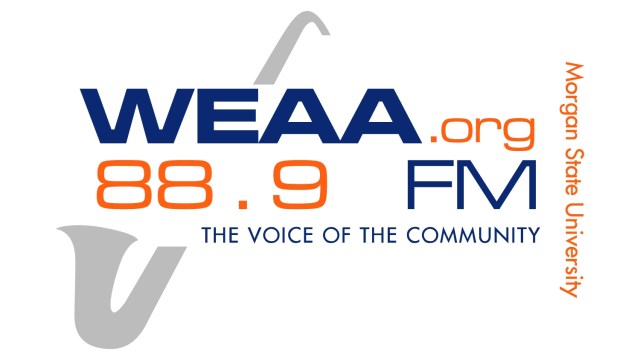Why Being “Cool” Isn’t Cool Anymore

What’s the Latest Development?
Though the word has stuck, the meaning of “cool” is now very different from what it once was, says University of Rochester Medical Center psychologist Ilan Dar-Nimrod. Figures like Miles Davis and James Dean were once the epitome of cool with their rebelliousness, emotional control, and toughness. But today’s youth see other qualities beneath the word: “The main thing is: Do I like this person? Is this person nice to people, attractive, confident and successful? That’s cool today, at least among young mainstream individuals.”
What’s the Big Idea?
As slang words go, cool has had a very long ride. But with its use now spanning several generations, the word is losing its historical context and taking on meanings which seem to contradict its original use. “If anything, sociability is [now] considered to be cool, being nice is considered to be cool. And in an oxymoron, being passionate is considered to be cool…” The world also has different meanings across the same generation, depending on what each individual considers cool. Result? Nearly everybody is cool in someone else’s eyes.
Photo credit: Shutterstock.com





